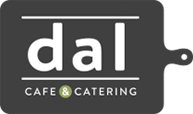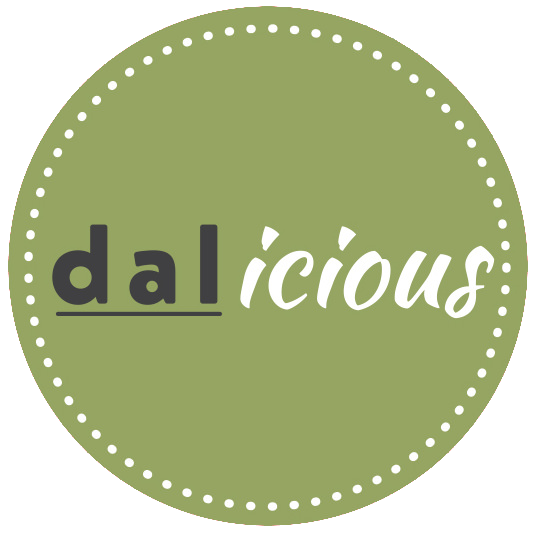The dal Model represents a best practice approach for vocational training and employment opportunities for adults with disabilities. The dal Model has demonstrated that adults with intellectual disability who participate in extensive training and support in a commercially viable business can transition into open employment, and retain employment over the long term. The dal Model is founded on four key elements:
Choice
The ability to make our own choices is important to us all.
Participants and employees at dal exercise choice through consultation, collaborative decision making and driving the development of their individualised training and support plans. Many of the programs offered at dal were developed at the request of participants.
Community
Being part of a community and being accepted for who we are is important to everyone.
At dal, community starts from within. Participants and employees enjoy daily interaction with customers at our café and local high school canteens, engage in community access programs across Geelong and Melbourne, and undertake community based hospitality training at the local TAFE.
Training
Vocational and life skills training enables participants to prepare for independent living, employment and reach their potential.
Participants undertake on-the-job training in dal's kitchen and cafe in conjunction with accredited hospitality courses at The Gordon TAFE. Participants and employees also access in-house programs including Life Skills Development, Health & Wellbeing, Work Readiness and Planter Box to Plate. These programs are designed to increase community participation, improve wellbeing and self-sufficiency, and develop transferable work skills.
Transition
Supportive pathways from school into the workforce to find and maintain paid employment
dal’s Transition to Employment Program is a flow-through service model that guides school leavers through a three-year vocational and life skills training program, leading to supported and/or open employment.





